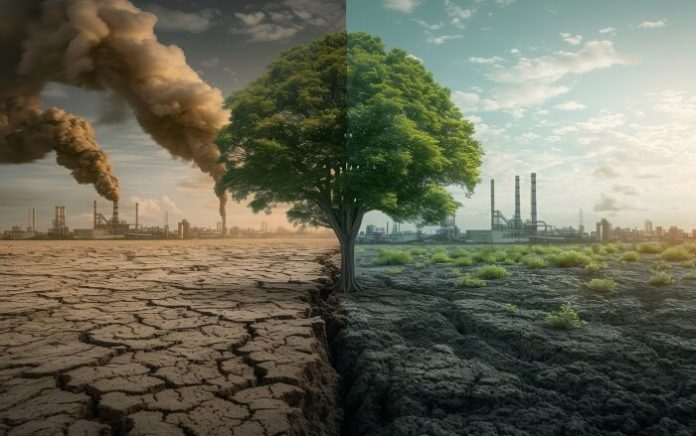India has firmly rejected the $300 billion climate finance deal adopted at the United Nations COP29 Summit in Baku, Azerbaijan, calling it inadequate and misaligned with the needs of developing nations.
The agreement, adopted before India could voice its objections, has drawn criticism from multiple nations, highlighting deep divisions in global climate negotiations.
India Criticizes the Deal as ‘Too Little, Too Late’
Chandni Raina, India’s representative and adviser in the Department of Economic Affairs, expressed profound disappointment with the financial package.
Speaking at the summit’s closing plenary session, she condemned the deal as a superficial gesture that fails to address the gravity of the climate crisis.
“We are disappointed in the outcome, which clearly demonstrates the unwillingness of developed countries to fulfill their responsibilities,” Raina remarked.
She criticized the lack of opportunity for the Indian delegation to speak before the deal’s adoption. Raina stated, “This document is nothing more than an optical illusion and does not meet the needs of developing countries”.
Inadequate Funding and Principle of Equity
India argued that the $300 billion annual pledge through 2035 falls short of what is necessary to combat the escalating impacts of climate change.
Raina emphasized that the deal contradicts the principle of Common but Differentiated Responsibilities (CBDR) and equity, cornerstones of international climate agreements.
“$300 billion cannot address the priorities of the Global South. This package disregards the historical responsibilities of developed nations and places an unfair burden on developing countries struggling with the consequences of climate change,” she further stated.
Other Nations Join India’s Opposition
India’s position found support from several other nations, including Nigeria, Malawi, and Bolivia.
Nigeria labelled the financial package a joke, while other developing countries shared India’s frustration with the process and the outcome.
The agreement aims to build on a previous commitment by developed nations to provide $100 billion annually by 2020, a goal that was met only in 2022 and is set to expire in 2025.
However, the new package’s sufficiency and fairness remain under scrutiny.
A Summit Marked by Tensions and Delays
The COP29 negotiations, which extended into overtime, exposed stark divides between industrialized and developing nations.
Talks were interrupted on Saturday when representatives from some developing countries and island nations walked out in frustration over the slow progress.
The summit grappled with questions of financial responsibility. Industrialized nations have historically been the largest contributors to greenhouse gas emissions. They faced calls to compensate developing nations for the escalating costs of climate-related disasters.
UN Chief Acknowledges Difficulties, Defends Deal
United Nations climate chief Simon Stiell recognized the challenges faced during the negotiations. However, he defended the deal, describing it as a step forward.
He described the agreement as an “insurance policy for humanity” that could help mitigate global warming if properly implemented.
“It has been a difficult journey, but we’ve delivered a deal,” Stiell said.
He added, “This deal will keep the clean energy boom growing and protect billions of lives. But like any insurance policy, it only works if the premiums are paid in full and on time”.
Looking Ahead to COP30 in Brazil
The $300 billion pledge sets the stage for COP30, scheduled to take place in Brazil’s Amazon rainforest.
At next year’s summit, countries will be tasked with outlining a decade-long climate action plan. However, the divisions revealed at COP29 signal challenging negotiations ahead.
As reported by ndtv.com, the debate over financial commitments and equitable responsibility highlights the need for stronger collaboration. Developed and developing nations must work together to tackle the global climate crisis.

































